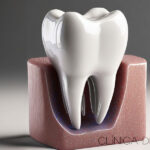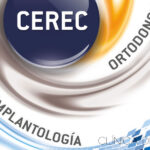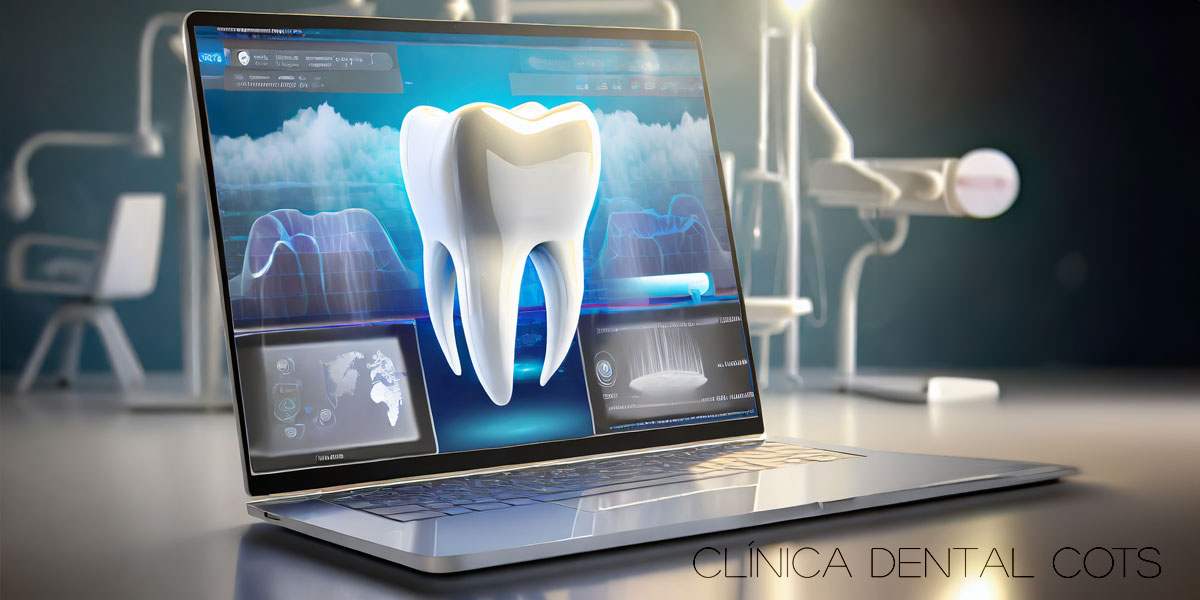
Innovations in Orthodontics: 3D Printed Dental Appliances and their Effectiveness
27 November 2023
CEREC invisible orthodontic system
27 November 2023
Innovations in Orthodontics: 3D Printed Dental Appliances and their Effectiveness
27 November 2023
CEREC invisible orthodontic system
27 November 2023Dental aesthetics has undergone a significant transformation with the introduction of advanced smile design software. These technological tools have not only improved the accuracy of aesthetic procedures, but have also enriched the experience of both the patient and the dental professional.
The Software Revolution in Dental Aesthetics
Digital smile design uses specialised software to create virtual simulations of how a patient's smile could improve after treatment. This technology allows dentists and patients to visualise potential results before any procedure begins.
Benefits of Computer Aided Smile Design
Improved Visualisation and Planning
One of the biggest advantages of this software is the ability to preview the final result. Patients can see what their smile will look like after treatment, increasing their confidence and satisfaction with the process.
Effective Communication
Computer-aided smile design facilitates better communication between dentist and patient. By visualising potential outcomes, patients can express their expectations and concerns more effectively.
Personalisation of treatment
Every smile is unique, and advanced software allows dentists to create personalised treatment plans that are tailored to the individual characteristics of each patient, ensuring natural and harmonious results.
Integration with Other Technologies
Digital smile design is integrated with other technologies such as 3D printing and intraoral scanning, allowing for more precise planning and execution of aesthetic treatments.
Challenges and Future Developments
Despite the benefits, adopting this software requires an investment in equipment and training. In addition, keeping up to date with technology upgrades and enhancements is essential to make the most of its capabilities.
Conclusion
Advanced smile design software is redefining the field of dental aesthetics. By improving accuracy, customisation and treatment planning, this technology not only improves aesthetic results but also enriches the patient experience. As technology advances, we can expect to see even more innovations that continue to revolutionise smile design in dentistry.



